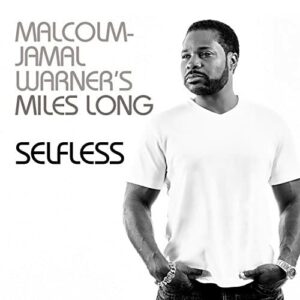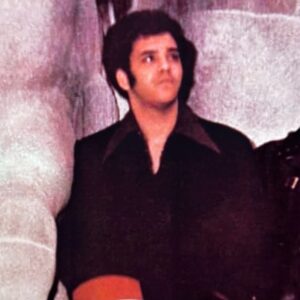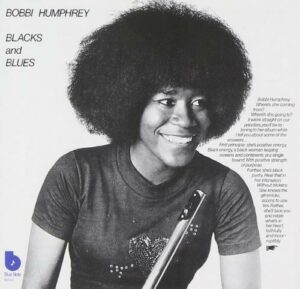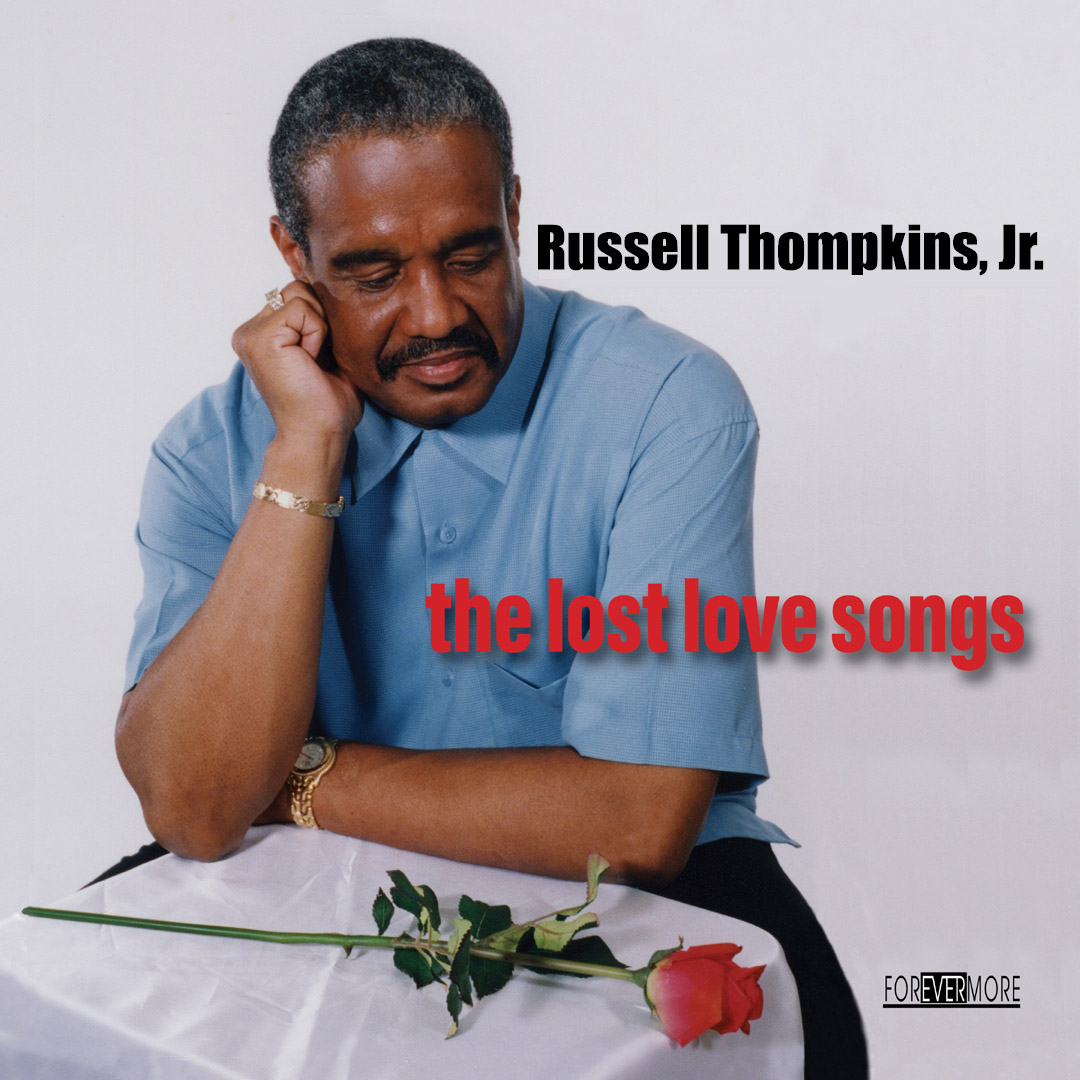Without jazz and soul legend Jimmy Scott, or “Little” Jimmy Scott as he was known through much of his episodic sixty-five year career, there arguably would have been no “Little” Stevie Wonder, no Nancy Wilson, no Betty Carter and so many soul and jazz icons as we’ve come to know and hear them (and who themselves have been emulated). That’s how influential Scott’s wholly original vocal approach to song was. High in pitch and clarion clear, as a result of being stricken by Kallmann’s syndrome, Scott made his androgynous sound work for him rather than against him, embracing the astral places it allowed the native born Clevelander to go, mining both its darkness and its light with emotionally resonate tones. Jimmy Scott sung like a daydream.
While only 4’11″ until a growth spurt of eight inches surprised him at age 37, as a result of his genetic disorder, Scott’s haunting contralto stood tall in 1949 when he first hit big with the Lionel Hampton Band on “Everybody’s Somebody’s Fool.” Sadly, that commercially winning performance and a subsequent job of “Embraceable You” with Charlie Parker went without proper credit to Scott, leaving him lost in obscurity for the masses, even as they jammed to his tunes. A frustrated Scott went solo in 1951 and for a time became a singer’s singer, known and respected by a Who’s Who of jazz and soul greats, from Dinah Washington to Ray Charles. Early recordings of Stevie Wonder before his voice change are so reminiscent of Scott that it’s a miracle a tribute album wasn’t cut by Motown at the time. One Wonder did cut a homage project to at the time, Ray Charles, himself cut an album on Scott in 1963 for Charles’s Tangerine Records label that would go on to be a cult classic, Falling In Love Is Wonderful. Unfortunately, label and contract drama kept the general public from hearing the project for decades, a horror that would repeat with Scott’s 1969 project, The Source, one of the best of that era. For much of his career, only sides for King Records cut in 1957-58 were available and Scott eventually faded from the scene, becoming a “9 to 5” working man in Cleveland in blue collar jobs for the next twenty years.
Cut to 1991: following a funeral performance by Scott at the age of 65 for Doc Pomus’s homegoing service, an impressed record executive, Seymour Stein, had Scott back in the clubs and in the studio recording a comeback album for Sire Records. That same year, Lou Reed, also in attendance at the Pomus funeral, had Scott laying supporting vocals on Lou Reed’s “Power and Glory” for Reed’s 1992 Magic and Loss. In rapid succession, the studio work was soon followed by an iconic, televised Twin Peaks performance and soundtrack placement. These key opportunities ultimately led to a critically acclaimed run of unique and classic albums throughout the 1990s and into the early 2000s, beginning with the Grammy-nominated All The Way in 1992 and ending in 2004 with All of Me: Live In Tokyo.
Like Bettye LaVette, Scott became a late career sensation and recognized as a national treasure through these series of high concept recordings that often blended modern sounds with Scott’s timeless instrument and distinct approach to timing, rhythm, and phrasing. International touring, performances for Presidents, movie soundtrack placements, and awards followed, including: NEA Jazz Master Award, the Kennedy Center “Jazz In Our Time” Living Legend Award, and N.A.B.O.B. Pioneer Award. In addition to his Grammy nod, Scott also won Japan’s Swing Journal Award for “Best Jazz Album of the Year” in 2000 for his biggest charting album, Holding Back The Years (#14 Billboard Jazz Chart), an album of pop and rock songs reinterpreted by Scott with a jazz approach. Chronicling his tumultuous, yet inspiring journey, a David Ritz authored biography, Faith in Time: the Life of Jimmy Scott, was published in 2002, and no less than two documentaries have been done on Scott, including 2003’s Jimmy Scott: If Only You Knew for PBS and a Bravo Jazz Masters Profile in 1999, Why Was I Born – The Life and Times of Little Jimmy Scott.
In a fitting triumph, eventually nearly all of Scott’s singles and albums, including those shelved and pulled throughout his industry heartbreak years, would be made available to the public on CD, including sides for Decca and Savoy, cementing his legacy as one of the greatest vocal musicians of all times. A great who performed with the greats, from Charles Mingus and Quincy Jones to Bud Powell and Lester Young, Scott proved talent is never too old to be appreciated and that whenever success comes, it’s the sweetest reward. Right in his hometown, Jimmy Scott was inducted into the R&B Music Hall of Fame in 2013. He was 88 years old when he died on June 12, 2014.
By L. Michael Gipson









